The mysterious identity of the bodyguard beside Tu Hi made Huo Yuanjia "shudder"
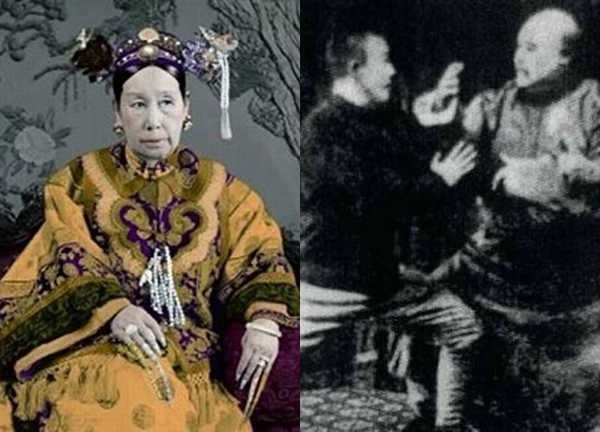
4 | 1 Discuss | Share
Empress Dowager Cixi was famous for being the most extravagant in Chinese history. Every meal she ate was extremely luxurious and wasteful, despite the daily decline of the Qing Dynasty, but she absolutely did not contain these two dishes.
Empress Dowager Cixi, the powerful figure who overthrew the Qing Dynasty, is not only famous for her extravagance in Chinese history but also for the thrilling anecdotes about her palace life. Although each meal was an extreme extravagance with hundreds of delicacies, despite the daily decline of the Qing Dynasty, Cixi had two special taboos: beef and dog meat.
This choice does not come from mere personal preference, but contains profound meanings about the customs, beliefs and beauty philosophy of this powerful woman.
Beef: Taboos from Manchu History and Beliefs
There are two main reasons for this taboo, one comes from historical lessons and the other from traditional Manchu beliefs. First, the lesson from the Ming Dynasty and the importance of livestock in agriculture. During the Ming Dynasty, agricultural production relied mainly on the pulling power of buffaloes and oxen along with iron plowing tools. Livestock were not only valuable assets but also an extremely important production tool, determining crop yields, thereby directly affecting the development and stability of the country.
Realizing this, the Ming Dynasty issued regulations strictly prohibiting the indiscriminate trading and slaughtering of livestock. When the Qing Dynasty came to power, with the inheritance and experience of previous dynasties, they continued to maintain and strengthen this regulation. The Qing Emperor only allowed livestock to be slaughtered in large and solemn ceremonies, in order to ensure the preservation of agricultural production resources. Indiscriminate slaughter would be severely punished.
Second, the beliefs and customs of the Manchu people. The Manchu people, the people who founded the Qing Dynasty, had deep beliefs and respected certain animals, including buffaloes (cows). For the Qing Dynasty in particular, buffaloes were only used as sacrificial animals on the most important days, showing respect for gods and ancestors. It is worth mentioning that even when used as sacrificial animals, the buffaloes/cows were not eaten but were sold after the ceremony.
As the head and custodian of the dynasty's traditions, Empress Dowager Cixi strictly followed the teachings of her ancestors, respected livestock, and absolutely never used them as food. This taboo was not only a rule but also a part of her spiritual beliefs, demonstrating harmony with nature and maintaining balance in an agricultural society.
However, despite abstaining from beef, Tu Hi had a special habit related to cow's milk. Every morning, she drank a kind of milk tea elaborately mixed from fresh cow's milk and a part of human milk. This habit was not purely for its nutritional value, but because Tu Hi was a woman who was "crazy" about beauty. During her lifetime, she once left behind an immortal saying: "If a woman does not know how to dress herself, what is the point of living?"
Dog Meat: Taboos from Manchu legend and hunting culture
The reason why Empress Dowager Cixi never ate dog meat was not because she loved dogs and kept them as pets and could not bear to eat them. The deeper reason lay in the customs and beliefs of the Manchu people, the origin of the Qing Dynasty.
According to legend, the Manchu people's abstinence from eating dog meat is closely related to the story of the founding emperor Nurhaci. Legend has it that when Nurhaci was still building his empire, he was cornered by the Ming army under the pursuit of Li Chengliang. He was forced to hide in a thicket of reeds.
The Ming army set fire to the place, Nurhaci thought that this time his life would be in danger. Unexpectedly, out of nowhere, a dog suddenly ran in, covered in water. The dog used the water on its body to put out the fire around Nurhaci's hiding place, saving him from danger. Thanks to this loyal dog, Nurhaci was able to survive and continue to build the Qing dynasty.
Since that event, to commemorate the kindness and loyalty of dogs, the Manchu people have formed the custom of abstaining from eating dog meat. This is not only a rule but also a part of the culture and deep gratitude of the whole nation. They do not use dog skin to make clothes or hats, showing absolute respect for this animal.
Not only that, the Manchu people were originally a hunting tribe in the Northeast. In their harsh hunting trips, dogs played an extremely important role. They were powerful tools for sniffing out prey, tracking, chasing, and reporting when danger or targets were detected. For the Manchu people, dogs were not only a working tool but also a close friend, a member of the family. This deep bond further reinforced the custom of abstaining from eating dog meat.
Taboos and culinary characteristics of the Qing Dynasty Royal Court
The culinary rules of Empress Dowager Cixi are just a small part of the complex and colorful picture of Qing Dynasty imperial cuisine. The meals of the emperor and empress dowager were not only to fill their stomachs but also a symbol of power, luxury and adherence to rules of ritual and custom.
In addition to beef and dog meat, the Manchu royal family may also abstain from certain other foods depending on the personal beliefs of each emperor, or according to the rules during special holidays. For example, some abstained from eating horse meat because horses were an important means of war, or from certain types of fish.
These taboos, like those of Empress Dowager Cixi, often have deeper meanings than mere taste. They reflect spiritual beliefs, respect for history, ancestors, or even life experiences passed down through generations.
For Cixi, observing these taboos, especially with beef and dog meat, was not only about preserving tradition but also about showing her attachment to her Manchu roots, even though she was a woman with an extremely modern and liberal lifestyle for her time.
The shocking truth behind the Qing Dynasty Emperor's meal, is it different from the movies? 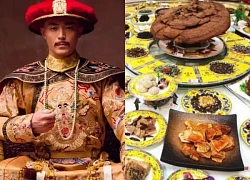 Nguyễn Tuyết17:59:21 14/02/2025Many historical documents and memoirs have recorded the dining etiquette of the emperors in the Forbidden City. Were these meals really as lavish as in the movies?
Nguyễn Tuyết17:59:21 14/02/2025Many historical documents and memoirs have recorded the dining etiquette of the emperors in the Forbidden City. Were these meals really as lavish as in the movies?

4 | 1 Discuss | Share

3 | 0 Discuss | Share
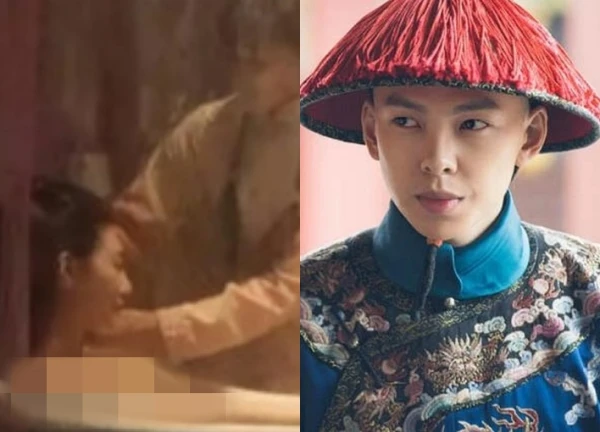
2 | 0 Discuss | Share
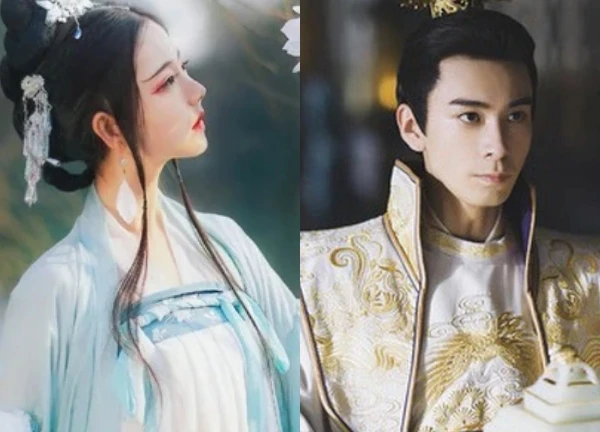
3 | 0 Discuss | Share
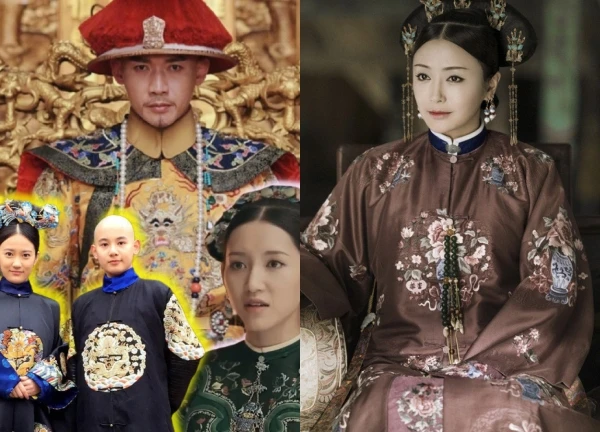
3 | 0 Discuss | Share
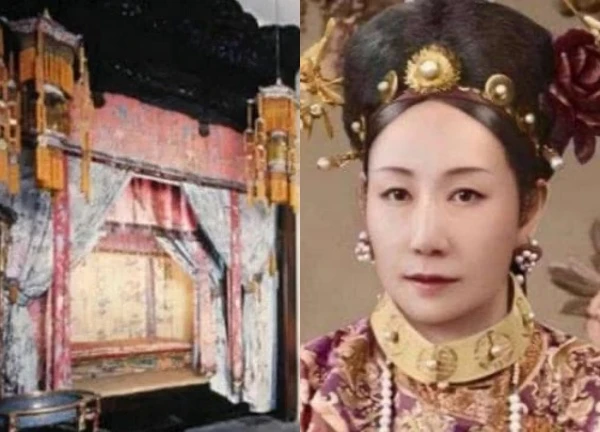
2 | 0 Discuss | Share
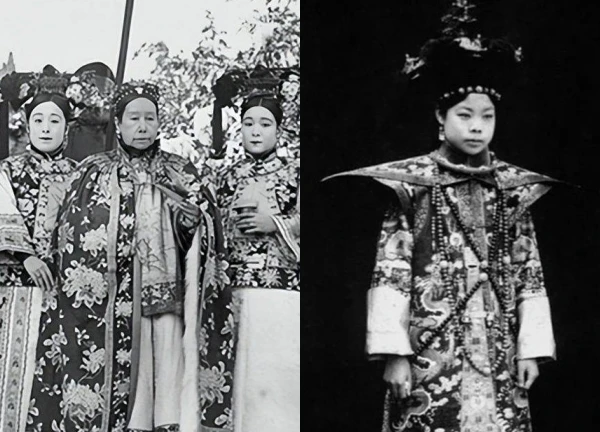
4 | 0 Discuss | Share
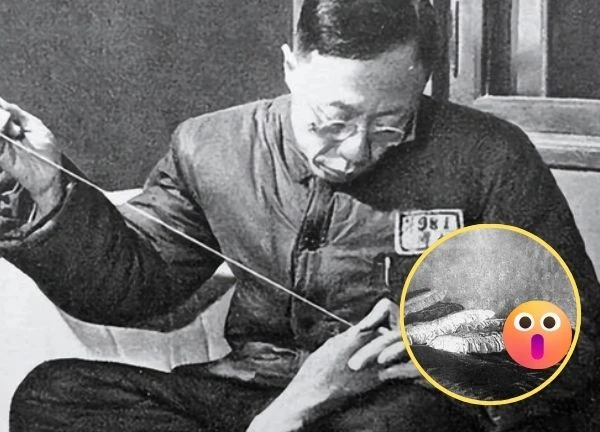
5 | 0 Discuss | Share
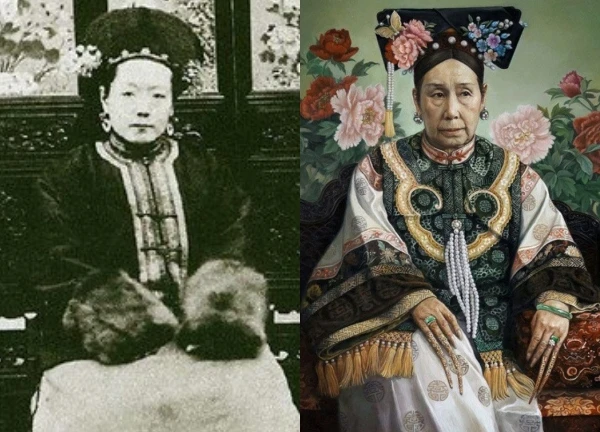
4 | 0 Discuss | Share
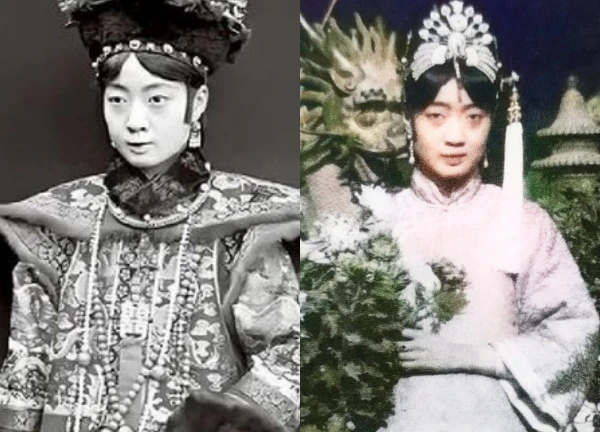
4 | 0 Discuss | Share
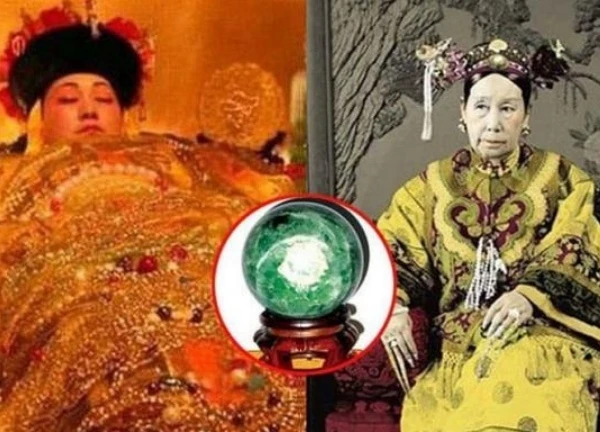
2 | 0 Discuss | Share
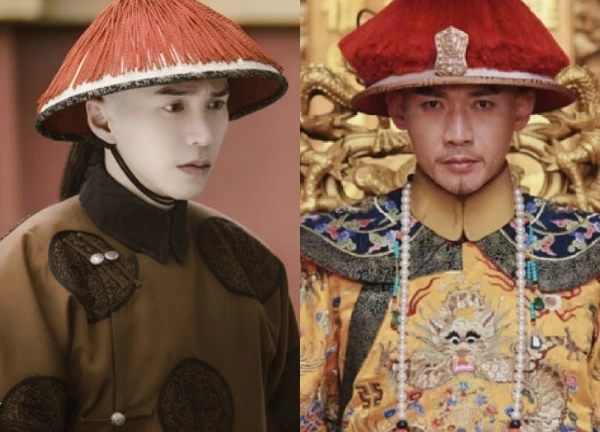
3 | 0 Discuss | Share
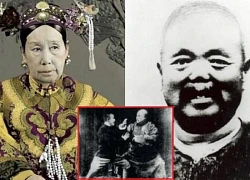



1 | 0 Discuss | Report